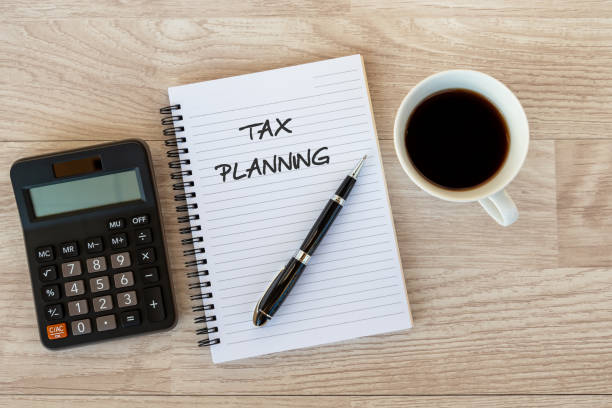The concept of taxation has a broad range of actors which would be discussed individually in this article. But first, what does taxation even mean?
What is a tax?
Tax is a compulsory contribution to state revenue, levied by the government on workers’ income and business profits, or added to the cost of some goods, services, and transactions. What this means is, whether you are an unemployed individual, an employed one or a business owner, you are liable to tax one way or the other.

Types of taxes
- Direct taxes
- Indirect taxes
Direct taxes are levies directly imposed with the consent and awareness of the taxpayer. Examples are; personal income tax, petroleum profit tax, tertiary education tax, and so on.
On the other hand, indirect taxes are levies imposed on good and services. Examples are; value-added tax, service tax, sales tax, and more.
Who is liable to tax in Nigeria?
Although everyone pays indirect taxes one way or the other, according to a tax consultant, people earning minimum wage and below are not liable to direct tax. “It is a recent development introduced in the Finance Act of 2020 which became effective in 2021,” she says.

She continues, “We operate a graduated tax system in Nigeria which ensures what everyone pays is fair.”
So, individuals are taxed according to their personal incomes. Currently, the rates are;
First N300,000 @7%
Next N300,000@ 11%
Then N500,000@ 15%
Next N500,000@ 19%
Next N1,600,000@ 21%
Over N3,200,000@ 24%
In this light, you should also understand that taxes are of two types. The ones for employees called PAYE (Pay As You Earn) which involves deduction from their salaries by their employers and the ones for employers which involves a deduction of the employers’ personal income by the employers themselves.
Tax Evasion and avoidance
Tax evasion is a situation where an individual or organization refuse to pay their taxes. This can cause a growth stunt in the economy and a reduction in the government’s revenue. Like other levies, there are penalties for tax evasion. For instance, in the Federal Inland Revenue Act, it is punishable by law.

“There are different penalties for different taxes. For example, company taxes is due six months after your year end. The penalty is a fine of N25,000 and for subsequent months, there’s an additional N5,000. For Value added taxes, it should be remitted at the 21st of the following month. That is, for every revenue I earn in January, I’m supposed to remit the VAT on or before the 21st of February. So if I miss the deadline, I’d be paying a fine of N50,000. If I miss another month, I’d have to pay an additional N25,000,” the tax consultant says.
She continues, “these penalties are only for non-compliance. So if there are liabilities to be paid, the individual is also liable to the interest paid on the amount. And this compounds annually.”
